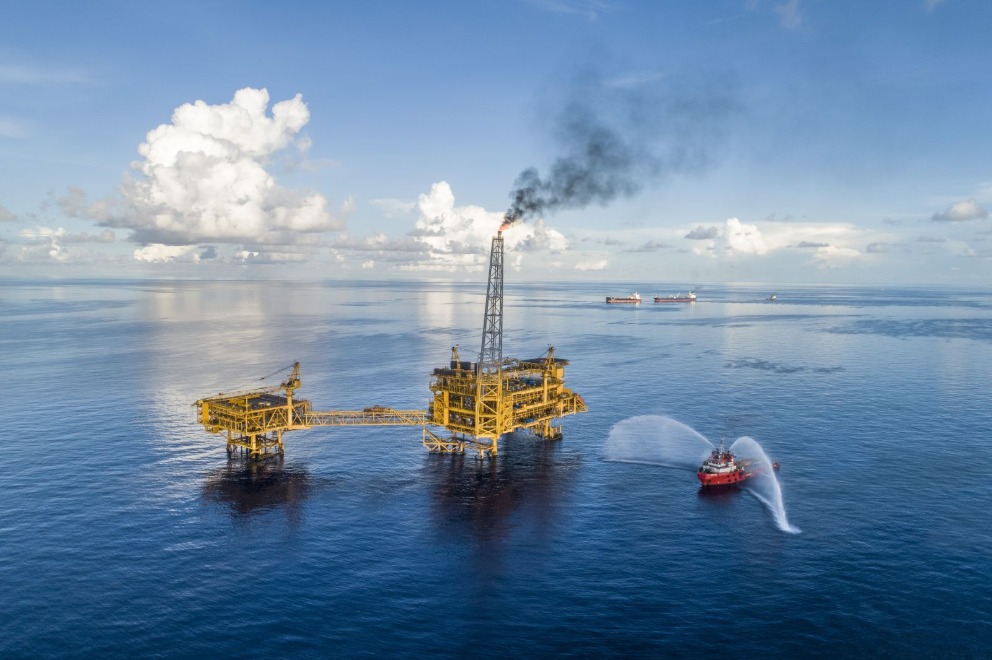Now Reading: Japan consortium to seek ‘deeper’ pathways toward a carbon-neutral future
-
01
Japan consortium to seek ‘deeper’ pathways toward a carbon-neutral future
Japan consortium to seek ‘deeper’ pathways toward a carbon-neutral future

Japan consortium aims for a more in-depth approach to achieve a carbon-neutral future
A group of seventeen Japanese organizations has come together to launch a collaborative initiative focused on assessing and standardizing the reliability of materials used in energy infrastructure crucial for a carbon-neutral society. Led by entities like ClassNK, Kobe Steel, JFE Steel Corporation, and Nippon Steel, the program named Materials for Future Energy Infrastructure Trust (MEIT) also involves the University of Tokyo.
Other participants in the consortium include companies like Kawasaki Heavy Industries, Mitsubishi Heavy Industries, and Nippon Steel Engineering. The joint effort will involve planning and reviewing projects under MEIT and supporting national research and standardization processes. The collaboration, initiated on May 1, 2025, is expected to conclude by April 2030.
MEIT’s primary objective is to evaluate the reliability of materials essential for the long-term integrity of infrastructure and energy carriers like cargo and fuel tanks. Specific focus areas include developing fracture evaluation solutions for ammonia and CO2 tanks, setting up prevention standards for CO2 pipelines, and enhancing evaluation technologies for next-gen materials like low-nickel steel for hydrogen tanks.
The initiative aims not only to boost Japan’s competitiveness in the maritime industry but also to address the growing demand for sustainable energy solutions. As the world transitions towards carbon neutrality, the shift in energy infrastructure from fossil fuels to hydrogen and ammonia necessitates stringent material reliability assessments for safety and cost-efficiency.
Japan, as the third-largest shipping economy globally, has committed to achieving net-zero greenhouse gas emissions by 2050 by increasing renewable and nuclear energy usage while reducing dependence on fossil fuels. Major players in the maritime sector are investing in alternative fuels like ammonia and methanol to meet climate targets, although some oil refiners are scaling back decarbonization investments in favor of LNG due to economic uncertainties.
Despite the evolving energy landscape, LNG remains a prominent fuel choice for vessels, according to the American Bureau of Shipping (ABS). The industry has seen a rise in LNG-powered vessels, with a significant portion of alternative fuel tonnage in 2024 being attributed to LNG dual-fueled ships.






